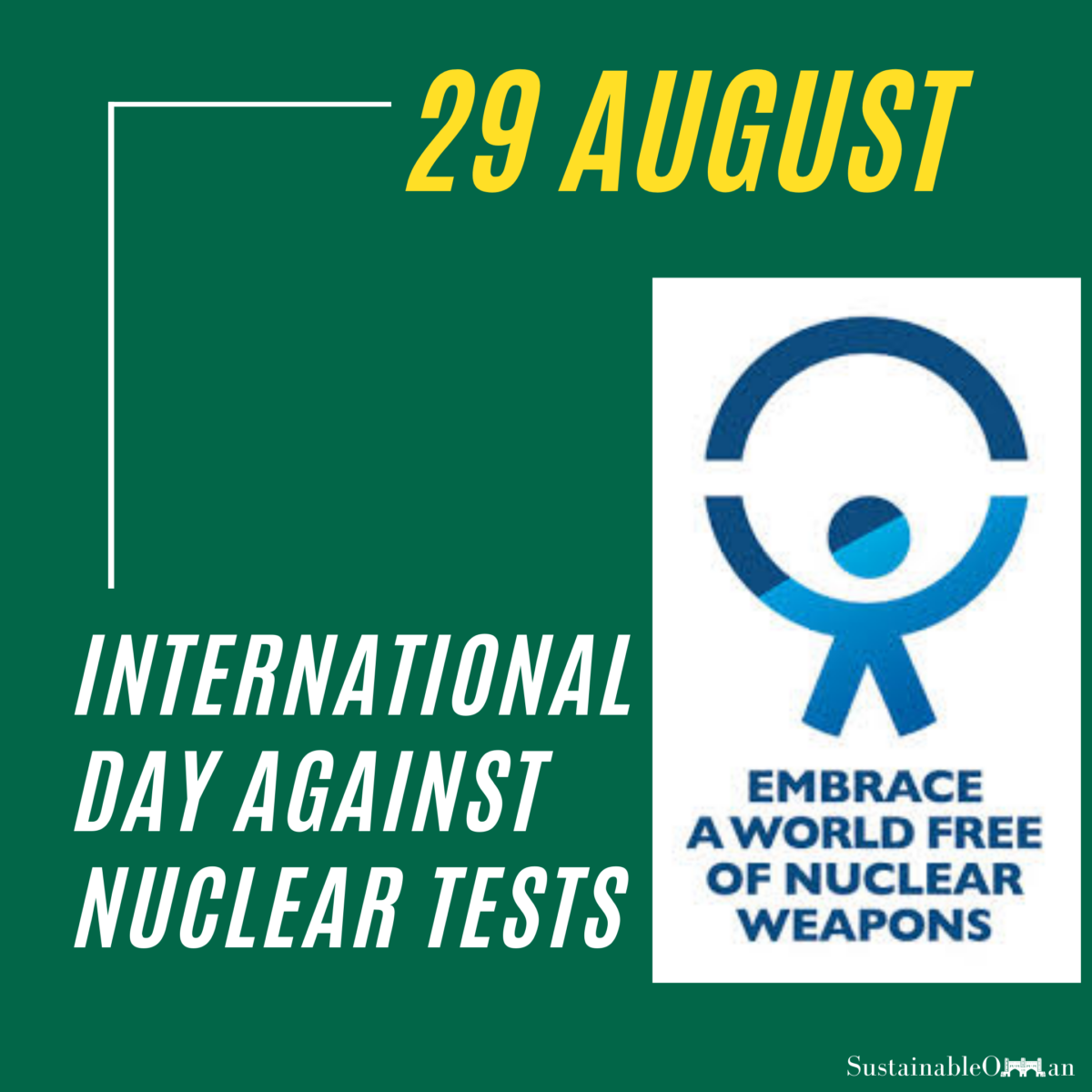Since nuclear weapons testing began on 16 July 1945, nearly 2,000 have taken place. In the early days of nuclear testing little consideration was given to its devastating effects on human life, let alone the dangers of nuclear fallout from atmospheric tests. Hindsight and history have shown us the terrifying and tragic effects of nuclear weapons testing, especially when controlled conditions go awry, and in light of the far more powerful and destructive nuclear weapons that exist today.
On 2 December 2009, the 64th session of the United Nations General Assembly declared 29 August the International Day against Nuclear Tests by unanimously adopting resolution 64/35. The resolution calls for increasing awareness and education “about the effects of nuclear weapon test explosions or any other nuclear explosions and the need for their cessation as one of the means of achieving the goal of a nuclear-weapon-free world.” The resolution was initiated by the Republic of Kazakhstan, together with a large number of sponsors and cosponsors with a view to commemorating the closure of the Semipalatinsk Nuclear Test site on 29 August 1991.


